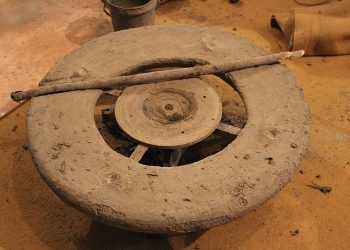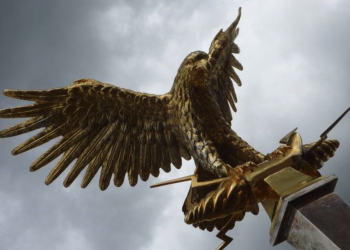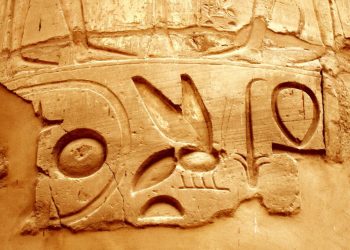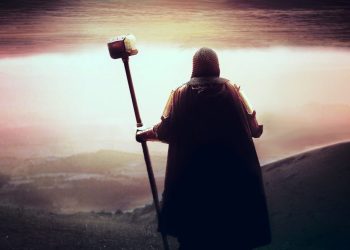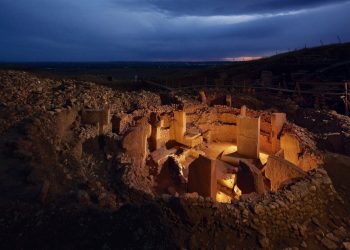The oldest Sumerian flood tablet tells a haunting story of a divine deluge written more than a thousand years before the Great Biblical flood. This ancient narrative, etched in cuneiform on a broken clay tablet, preserves the earliest known version of a global flood myth—one that shaped legends for millennia.
Eridu and the divine origins of kingship
Long before the story of Noah’s Ark appeared in the Bible, a strikingly similar tale was recorded by the Sumerians in what is now southern Iraq. The oldest Sumerian flood tablet, discovered among the ruins of ancient Nippur, preserves a fragmented version of this myth, rooted in the early cities of Mesopotamia. According to Sumerian beliefs, civilization began in Eridu—one of the earliest urban settlements on Earth—founded around 5400 BC and described as the first city “where kingship descended from heaven.”
Eridu was not merely a city but a sacred place where gods and humans were believed to have coexisted. The patron deity of Eridu was Enki, a god of water and wisdom who played a central role in humanity’s survival during the coming catastrophe. Kingship itself was considered a divine institution, one that could transfer from city to city depending on the will of the gods. This concept is preserved in a remarkable artifact known as the Sumerian King List, which chronicles a sequence of rulers, their cities, and reign lengths—some said to last thousands of years.
The King List begins with Eridu and names it as the birthplace of kingship. It is from this sacred foundation that a sequence of early cities rose: Bad-tibira, Larak, Sippar, and Shuruppak—all of which, according to the texts, existed before the flood.
The Eridu Genesis and the first flood myth
The oldest Sumerian flood tablet—also referred to as the Eridu Genesis—offers the earliest known account of a global deluge. Written in the Sumerian language around 1600 BC, the tablet was unearthed at Nippur and contains the mythological history of creation, kingship, and the flood. Though heavily damaged, it offers a profound glimpse into how ancient Mesopotamians understood the divine order of the world.
The story begins with the gods An, Enlil, Enki, and Ninhursag creating humankind—the “black-headed people”—and establishing a livable environment. After this, kingship is handed down from heaven, and the five earliest cities are founded. At some point, however, the gods decide to destroy humanity with a massive flood. The reason is not fully preserved, but the divine decision is unanimous.
The key figure in this tale is Ziusudra, a king and priest who appears to receive a warning. Though the Eridu Genesis is fragmentary, it parallels later versions like the Akkadian Atra-Hasis Epic, in which the god Enki (Ea in Akkadian) instructs a mortal to build a great boat to survive the flood. Scholars believe that Enki played a similar advisory role in the original Sumerian version as well.
The oldest Sumerian flood tablet and Ziusudra
In the surviving portion of the oldest Sumerian flood tablet, Ziusudra stands by a wall, listening to a divine voice that warns him of the impending disaster:
Stand by the wall at my left side…, By the wall I will say a word to you, Take my word, Give ear to my instructions: By our…a flood will sweep over the cult- enters; To destroy the seed of mankind…
These instructions, although fragmented, imply that Ziusudra is chosen to preserve life. The story resumes with the onset of the flood, described as a terrifying storm of wind and water that devastates the land:
All the windstorms, exceedingly powerful, Attacked as one, At the same time, the flood sweeps over the cult-centers. After, for seven days, the flood sweeps over the cult centers. After for seven days and seven nights, The flood had swept over the land, And the huge boat had been tossed About by the windstorms on the great waters…
At the end of the storm, the sun god Utu appears. Ziusudra opens a window of his boat and offers prayers to the light. This imagery strongly resembles later flood accounts found in Babylonian and Biblical sources, suggesting that the Sumerian version served as the foundational narrative.
The oldest Sumerian flood tablet ends with Ziusudra prostrating himself before the god Utu, but much of the final section is lost. Other texts suggest that he was granted eternal life and taken to dwell among the gods—a reward for his obedience and piety.
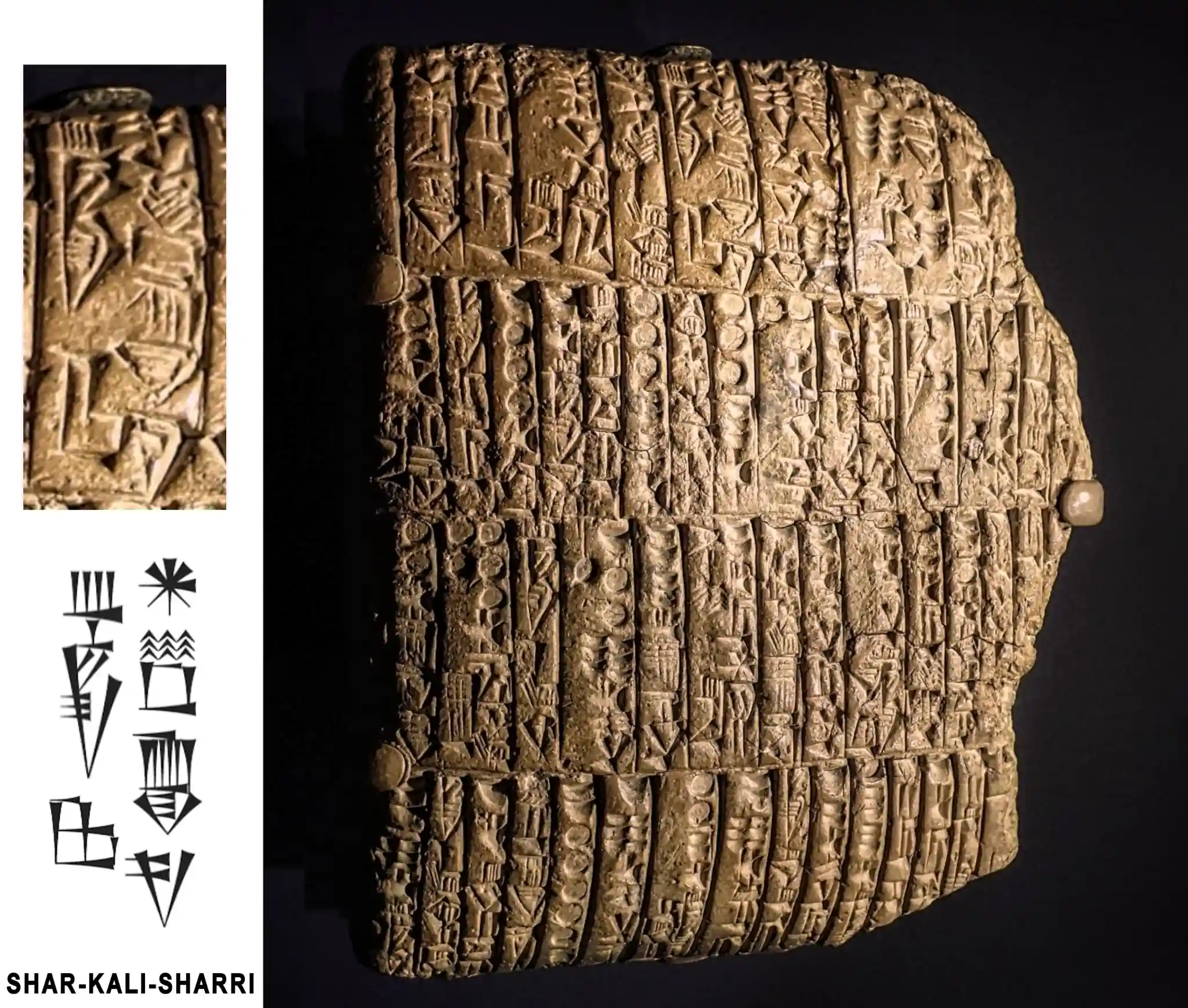
Here is the full translation of the story as found on the Nippur tablet, if you are interested:
After Anu, Enlil, Enki, and Ninhursag had fashioned the black-headed people, Vegetation sprang from the Earth, Animals, four-legged creatures of the plain, Were brought artfully into existence [37 lines are unreadable]
After the….of kingship had been lowered from heaven After the exalted crown and the throne of kingship Had been lowered from heaven, He perfected the rites and exalted the divine ordinances… He founded the five cities in pure places,… Then did Nintu weep like a…. The pure Inanna set up a lament for its people; Enki took council with himself, Anu, Enlil, Enki, and Ninhursag…. The gods of heaven and Earth uttered the name of Anu and Enlil Then did Ziusudra, the king, the priest of…, Build, a giant…; Humbly obedient, reverently he… Attending daily, constantly he…, Bringing forth all kinds of dreams, he…, Uttering the name of heaven and Earth, he…[…] the gods a wall…, Ziusudra, standing at its side, listened. “Stand by the wall at my left side…, By the wall I will say a word to you, Take my word, Give ear to my instructions: By our…a flood will sweep over the cult- enters; To destroy the seed of mankind…, Is the decision, the word of the assembly of the gods. By the word commanded by Anu and Enlil…, Its kingship, its rule will be put to an end.
[about 40 lines missing] All the windstorms, exceedingly powerful, Attacked as one, At the same time, the flood sweeps over the cult-centers. After, for seven days, the flood sweeps over the cult centers. After for seven days and seven nights, The flood had swept over the land, And the huge boat had been tossed About by the windstorms on the great waters, Utu came forth, who sheds light on heaven and Earth, Ziusudra opened a window of the huge boat, The hero Utu brought his rays into the giant boat. Ziusudra, the king, Prostrated himself before Utu.






